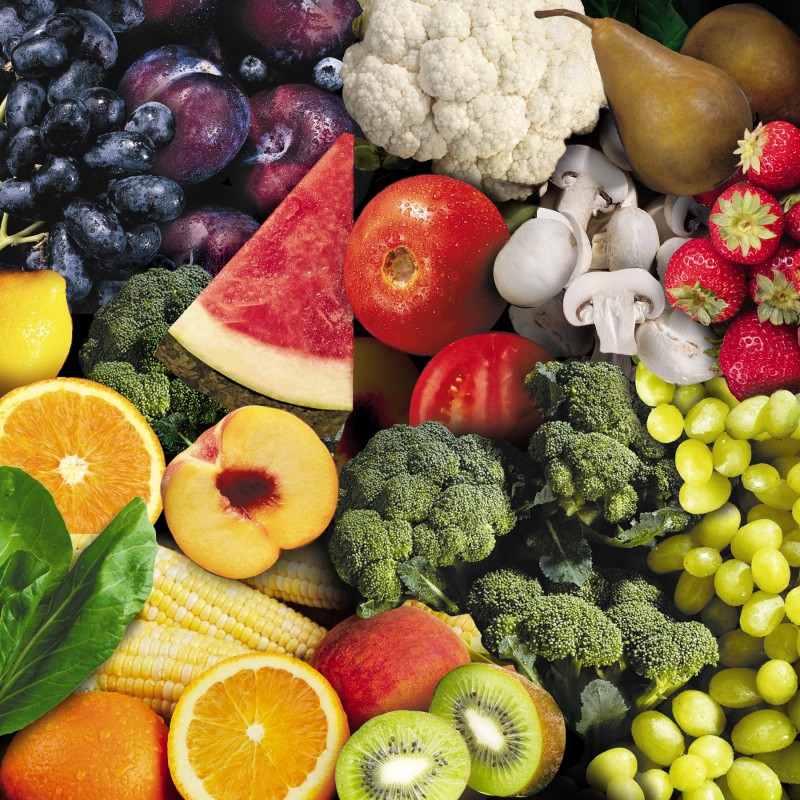As a personal trainer, I’m often asked about dietary supplements and vitamins. My position has long been that most dietary supplements are not needed by most people. Rather, I advise clients to eat a common sense healthy diet full of real food: fruits, vegetables, whole grains, beans, nuts, seeds, and some lean animal products if they like. Still, I’ve figured that a multi-vitamin probably doesn’t do any harm and may do some good. On this topic, I may be wrong.

Tasty...
Vita Myth: Do supplements really do any good?, an article from Slate, offers several references to research suggesting that A) there is almost no link between multi-vitamin consumption and decreased mortality, and B) consumption of individual antioxidants like vitamins A, C, and E; beta carotene, selenium, and folate may actually increase mortality risk by speeding the growth of cancers.
“But not only do antioxidant supplements fail to protect against heart disease, stroke, and cancer; they actually increase the risk of death, according to a 2007 analysis of research on more than 232,000 people, published in the Journal of the American Medical Association, as well as other studies.”
These antioxidants are often taken in order to cleanse our bodies of free-radicals, substances which are implicated in a range of ailments including cancer. Researchers have found that “certain kinds of antioxidant pills can feed latent cancers growing in the body, for instance, and reduce the effectiveness of chemotherapy.” Apparently these good-for-us substances in some cases are also good for replication of cancer cells. Researchers also suggest that perhaps free-radicals are actually necessary to our good health, and that among other functions they may help kill cancer cells.
Who knew!?
The article explains among other things, the placebo effect of taking vitamins to cure colds, and why we ever took vitamins in the first place (nutritional deficiencies which resulted in diseases such as scurvy). There also seems to be some evidence that some consumption of vitamin supplements by some populations–folate for pregnant women for example–seems prudent. The overall message though is that these various vitamins which are found in food simply aren’t all that beneficial once they’re extracted and put into a pill.
Beyond this article, there are a few other factors regarding vitamin consumption worth discussing. Let’s consider Total cereal which famously tells us that one bowl has 100% of various vitamins and minerals. Sounds great right? Sounds convenient. One bowl of this stuff and we’re set for the day! Not so fast. Our bodies can only use or absorb so much of a particular vitamin or mineral at a time. That one bowl may indeed have all the vitamins you need for that day but your body will only use what it needs at that time. The rest is digested and excreted.

Hey now!!!
Further, we’ve learned that in many cases, in order for vitamins to work the way we want them to, they must be consumed in the presence of any number of other substances. Food is remarkably complex. There are literally thousands of molecules in any individual food. The vitamins in the food need the rest of the food to do their work. The big picture is very clear: Vitamins in isolation won’t do the trick. Food is required.
Should we be surprised by any of this? Once again the American quest for convenience has led us away from good health. Again, science has tried to out think Mother Nature, and again the results are of questionable use. Common sense often turns out to be an amazingly accurate guide. To anyone seeking weight loss, better health and a longer life, I offer this advice: Eat right most of the time. Work hard often.
